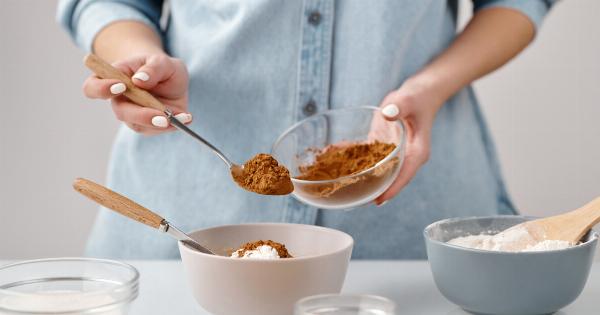Salmonella is a bacterial infection that can cause food poisoning. It can be found in many different foods and can cause severe illness. But, by taking simple precautions, you can protect yourself from salmonella.
What is Salmonella?
Salmonella is a type of bacteria that can cause food poisoning. It is most often found in animal products, such as meat, eggs, and dairy, but it can also be found in fruits and vegetables.
Ingesting any food contaminated with salmonella can cause illness within hours or days. Symptoms include nausea, vomiting, diarrhea, and fever.
How to Prevent Salmonella
The best way to protect yourself from salmonella is to take precautions when preparing, cooking, and eating food. Here are some simple habits you can adopt to help prevent the spread of salmonella:.
Wash Your Hands Frequently
Washing your hands regularly is one of the most important things you can do to prevent the spread of salmonella. Make sure to wash your hands after using the bathroom, handling animals, or preparing food.
Use warm, soapy water and lather for at least 20 seconds. Rinse thoroughly and dry with a clean towel or air dry.
Clean Your Kitchen and Utensils
Salmonella can live on surfaces like countertops, cutting boards, and utensils. It’s important to clean these surfaces frequently with hot, soapy water. Utensils should be washed in the dishwasher or with hot water and soap.
Use separate cutting boards for meat and vegetables to avoid cross-contamination.
Cook Food Thoroughly
Cooking food to the correct temperature can kill salmonella and other harmful bacteria. Use a food thermometer to ensure that the internal temperature of meat, poultry, and eggs is cooked to the proper temperature.
For example, chicken should be cooked to 165°F and ground beef should be cooked to 160°F.
Avoid Cross-Contamination
It’s important to avoid cross-contamination when preparing and cooking food. This means not using the same cutting board or utensils for raw meat and other foods. Make sure to wash your hands and utensils between handling different types of foods.
Store Food Properly
Salmonella can grow in foods that are not stored properly. Keep food refrigerated at 40°F or below and frozen at 0°F or below. Use perishable foods, including meat, poultry, and eggs, within a few days.
Don’t leave food out at room temperature for more than two hours.
Be Careful with Eggs
Raw or undercooked eggs can contain salmonella. Always cook eggs until the yolk and white are firm. Avoid dishes that use raw or undercooked eggs, such as Caesar salad dressing or homemade mayonnaise.
Store eggs in the refrigerator and discard any eggs that are cracked or dirty.
Avoid Unpasteurized Milk and Juice
Unpasteurized milk and juice can contain harmful bacteria, including salmonella. Always buy pasteurized milk and juice to reduce your risk of infection.
Be Careful with Pet Reptiles
Reptiles, such as turtles, lizards, and snakes, can carry salmonella. If you have a pet reptile, make sure to wash your hands thoroughly after handling it. Keep reptiles away from children and people with weakened immune systems.
Conclusion
Salmonella can cause severe illness, but it’s easy to protect yourself by taking simple precautions. Wash your hands frequently, cook food thoroughly, and avoid cross-contamination.
By following these simple habits, you can help prevent the spread of salmonella.



























